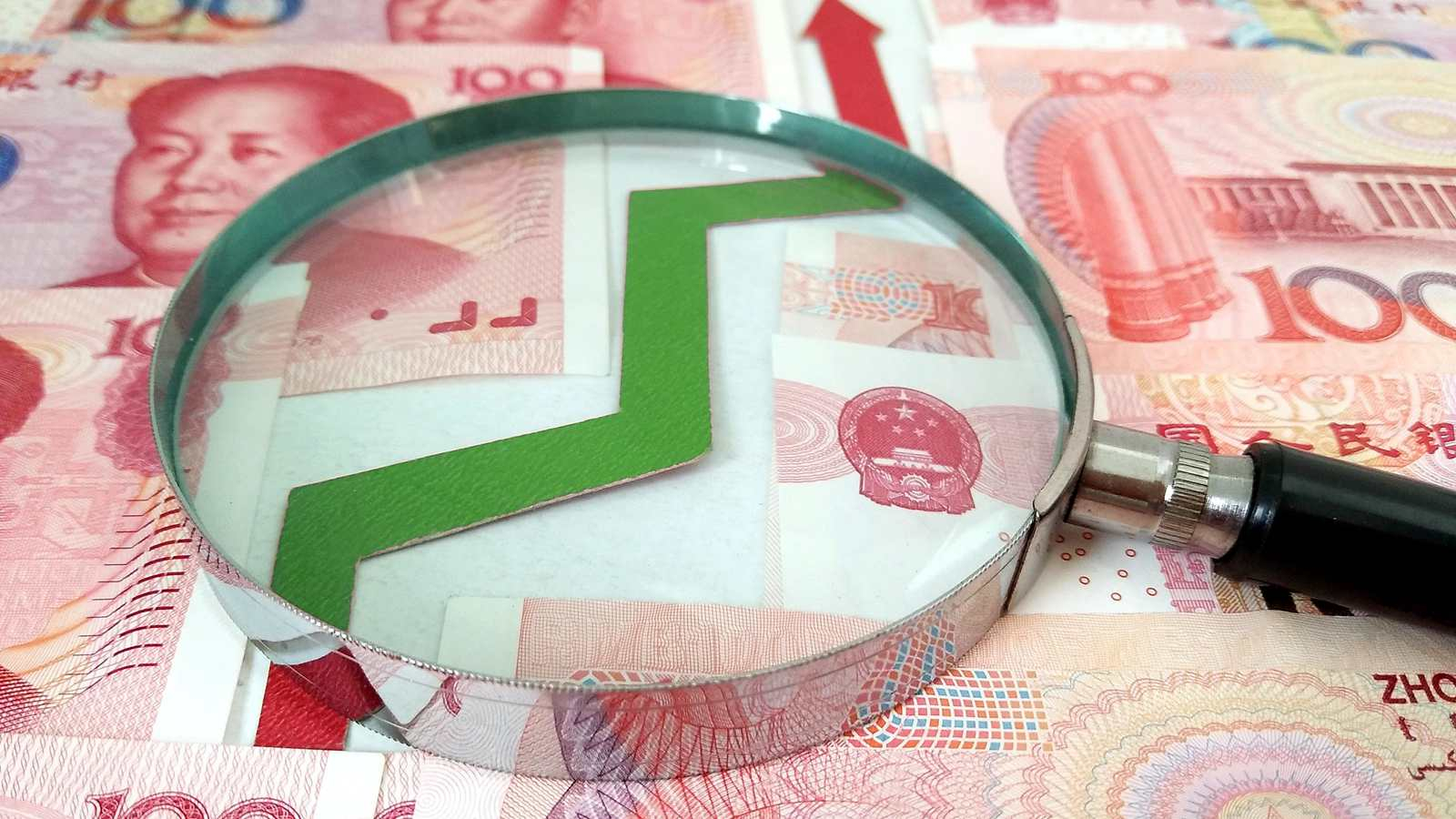
Business
18:06, 30-Jul-2018
Experts: the future performance of RMB depends on central banks worldwide
Updated
17:14, 02-Aug-2018
CGTN's Chen Tong
02:16

The Chinese yuan fell to a 13-month low against the dollar on Monday and experts say that the future performance of the Renminbi is hard to forecast at the moment, as central banks worldwide make adjustments to their monetary policies.
The weakening of the yuan started in the first quarter of this year when it was at 6.3 to the US dollar. One major factor behind the decline has been the narrowing spread between the sovereign bond yields of China and the United States. The current spread stands at only about 70 basis points, and with that continuing to narrow, more downward pressure is expected on the yuan.
“The gap between the bond yields among these countries is getting narrow. The US dollar is stronger than before, appreciating, but the Chinese yuan will depreciate in the next two years,” said Deng Zhijian, investment strategist at DBS China.
Deng also forecasted that the yuan’s rate would be between 6.9 and 7, but not over 7 in the rest of this year.

VCG Photo
VCG Photo
Other factors putting pressure on the RMB include the general market expectation that the US Federal Reserve (Fed) will raise its interest rates in September, and the People's Bank of China's (PBOC) frequent liquidity injections into the money market.
But as other central banks continue adjusting their monetary policies, other analysts are saying that the US dollar may also be facing some downward pressure, which could act to slow the yuan's depreciation.
“We expect the Bank of Japan (BOJ) will probably tweak its monetary policies, sometime between September and October. The European Central Bank (ECB) will probably raise interest rates as third or fourth quarter next year. That will probably slow the pace of dollar appreciation,” said Jimmy Zhu, chief strategist at Fullerton Markets.
"The current back job of the Fed and PBOC policy is unlikely to appreciate the Chinese currency. So the action of BOJ and ECB at the end of the year will slow the yuan depreciation,” Zhu added.

SITEMAP
Copyright © 2018 CGTN. Beijing ICP prepared NO.16065310-3
Copyright © 2018 CGTN. Beijing ICP prepared NO.16065310-3